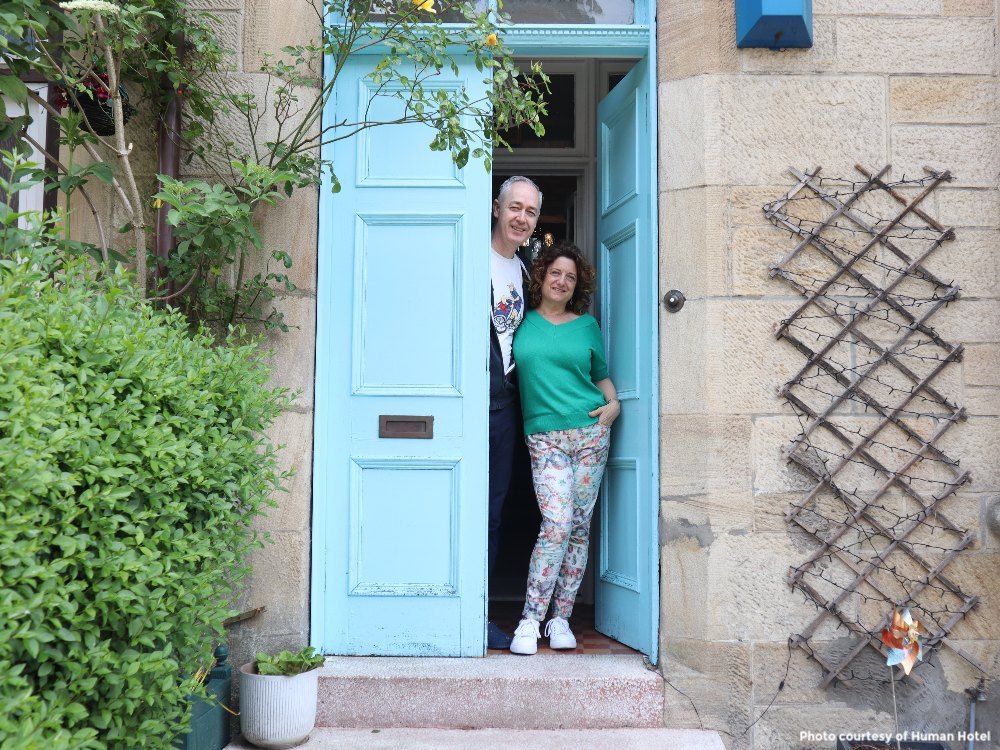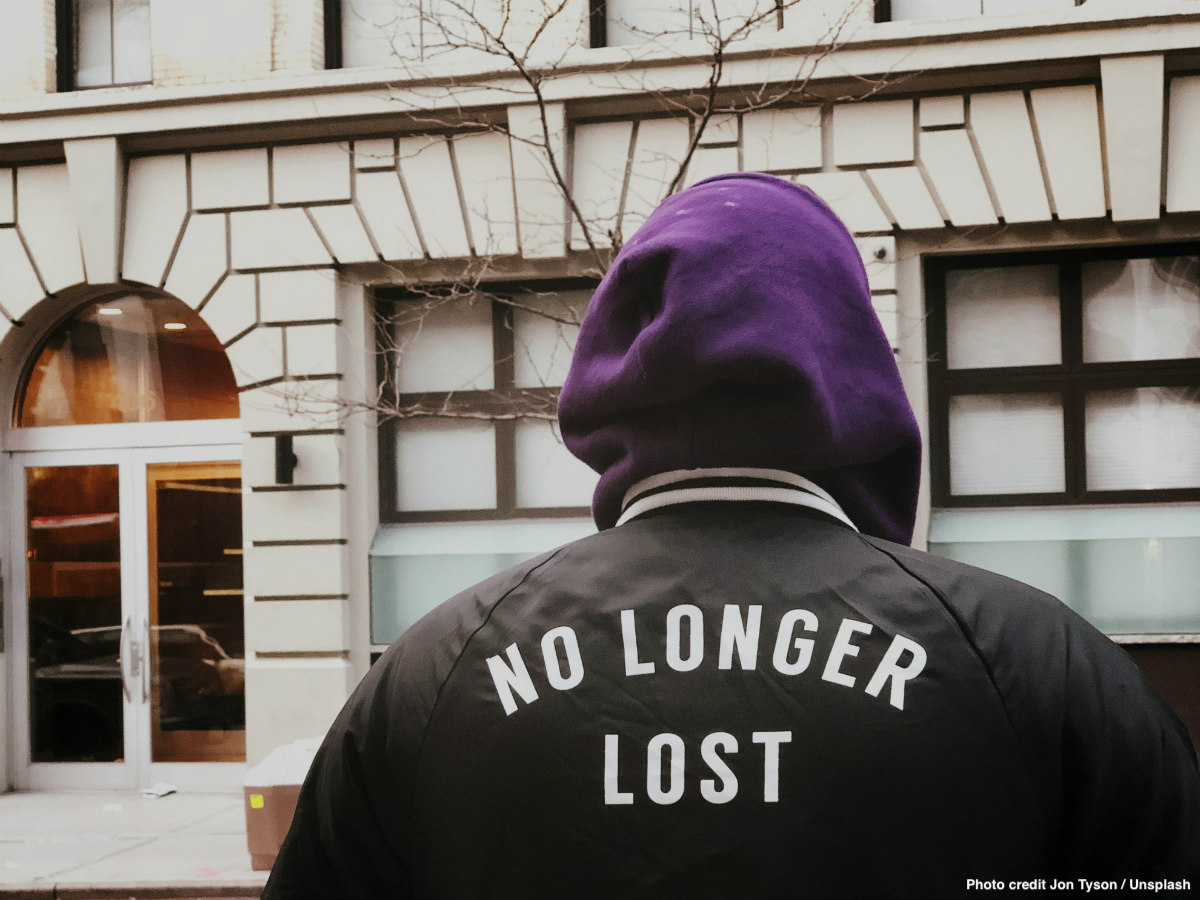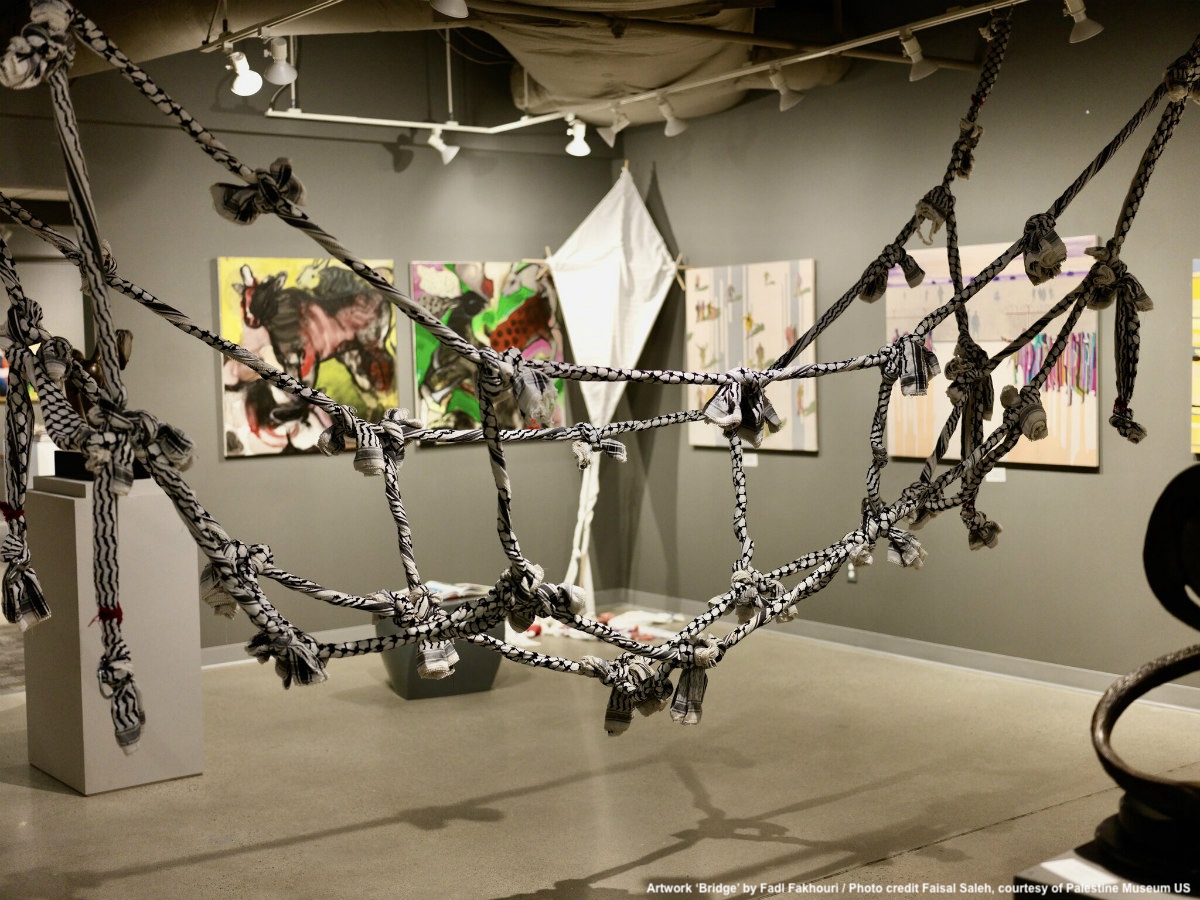It was 2009 and Copenhagen was hosting the UN Climate Summit. I’ll never forget talking to this wonderful woman at the City Hall who told me that every hotel had been booked out by governments and lobby organisations. Leaving nowhere for the climate activists to stay, described Sixten Kai Nielsen. He and his other two partners, Martin and Will, have been already exploring the best ways of bringing people together in unexpected ways. Hence that conversation popped into his head what could be the potential impact of homesharing between strangers.
After approaching the City Council with their idea, they started mobilizing Copenhageners to open their houses to those, whose voices from all around the globe were also important to be heard at the Summit. By 2009 the COP summits had swollen in size and had changed a lot since they began in 1995 — from about 4,000 delegates at the first COP in Berlin to over 25,000 in Copenhagen.
Sixten and his partners secured free homestays at private houses for more than 3,000 climate activists through “New Life Copenhagen” accommodation initiative at Wooloo, a platform they had developed for artists to connect and interact.
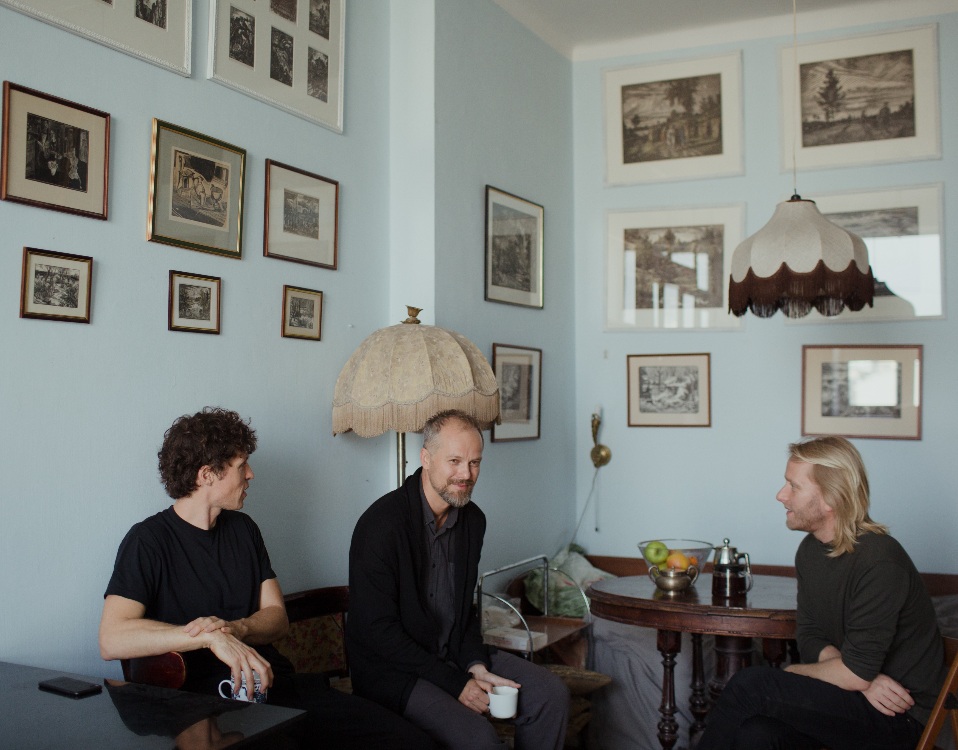
After that success, different cultural organizations across the world called on them to collaborate in bringing about meaningful interactions in their communities when travelling. Meanwhile a startup called Airbnb was beginning to resonate after its founders Brian and Joe, two years earlier in 2007, managed to pay their rent one week thanks to renting the couch in their living room to attendees of a conference in San Francisco which left the hotels completely booked out. And the rest is history.
Empowering communities to connect through non-profit homesharing
Unfortunately Airbnb’s founders completely commercialized the simple idea of informal hosting based on kindness, which led Sixten and his partners to launch an alternative to Airbnb’s model. They saw homesharing rather as a tool for encounters among strangers to create transformative experiences with real impact in our societies. They would call it, Human Hotel.
In 2019 this idea finally picked up for the COP25 in Santiago de Chile, where they built an amazing community of almost 500 local hosts, mostly artists, willing to open their hearts to environmental activists.
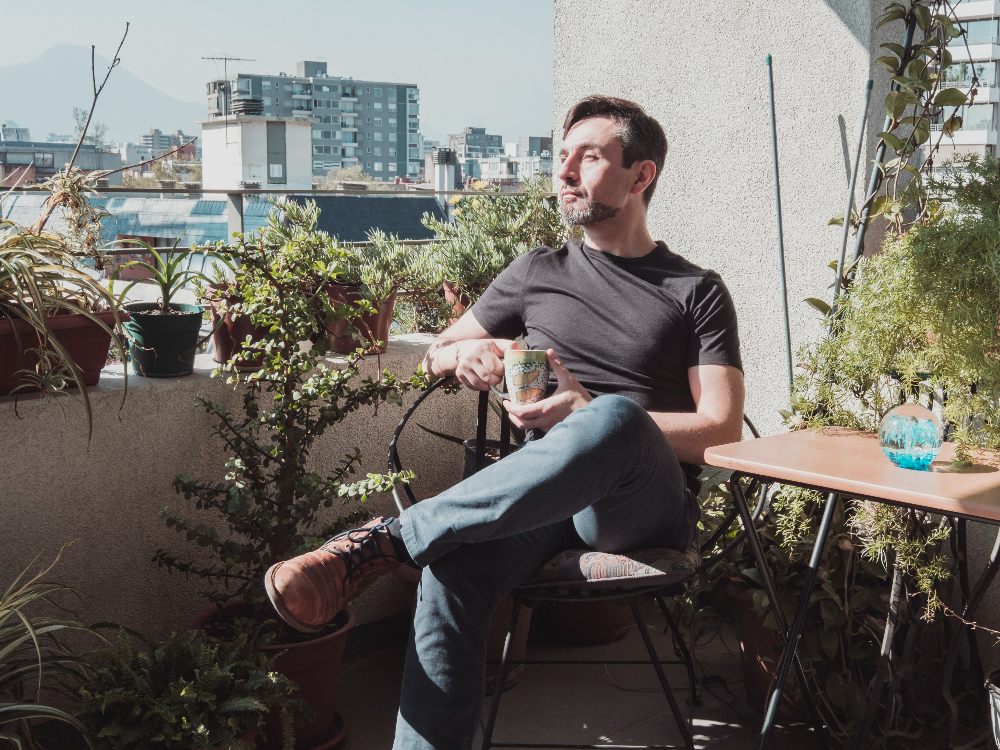
We talked to people on the streets of Santiago and invited a significant number of people for a coffee, who joined the host community.
Part of the success relied on developing a hosting concept, which allows hosts to take ownership of the project, thereby being more flexible in the type of hosting and outcome, explains Sixten.
Unfortunately due to the regular protests in Chile against state pension provisions in 2019 and the unrest caused on the streets, the COP25 moved to Madrid and the Human Hotel team had to relocate back to Copenhagen. All their efforts were put on hold for a long time because the pandemic turned things off again.
All you need is a floor and an open door!
Finally in 2020 Human Hotel was launched including an amazing grassroot network of hosts with no pressure to act like a hotel or Airbnb apartment, just offer basic comfort, basic kindness and be themselves. The COP26 is approaching, from 1st to 12th in November, and people from all walks of life attending this Global Summit are able to find free or low-cost accommodation in Glasgow.
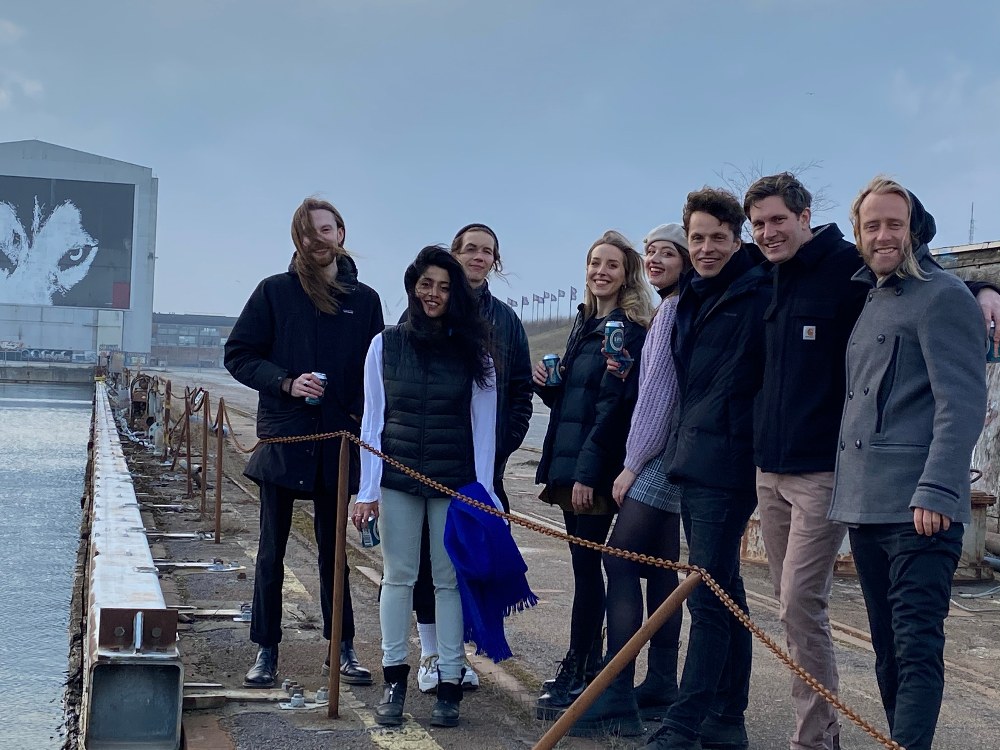
Human Hotel offers a Fair Pricing Guide to help hosts select a fair price per night that works for the hosts if they need to cover the additional costs that not everyone can take on – utilities (electricity, heating, water, etc.), cleaning products, time spent on household labour, and other expenses, regardless if it is a room, a sofa or mattress on the floor. So that any person can become a host.
And any person can be a guest. ‘People from countries least responsible for, and most affected by, the climate crisis are often unable to attend important conferences due to lack of resources,’ states the Human Hotel site.
Already 60% of the accommodations registered are for zero USD, not even to cover the costs. Hosts at Human Hotel are moved by the more appealing incentive to meet remarkable people, maybe climate justice activists, scientists or policy makers, from around the world and connect locally with this truly international movement.
The secret to keep running non-profit homesharing
Ably Sixten and his co-founders have found a way to sustain casual homesharing to connect people in a non-profit relationship with real impact in cities. They lease the technology of the hosting platform to organizations behind the COP like Greenpeace and Extinction Rebellion, which want to deliver this homesharing experience to their members. They take ownership of the platform and mobilize their communities to use it. The Human Hotel’s team provides the required back support.
This model is going very well, instead of just running our own homesharing system, we provide the technology to others with shared values, who can see a real purpose in organizing something like this, explains Sixten.
Michelle is originally from Saskatchewan, Canada and has signed up for Human Hotel – I know what it’s like being somewhere new and that’s why I’m happy to host – explains this climate justice host, painter and photographer in Glasgow. She runs an outdoor art and design market in the city centre and she is the lead campaigner for a cleaner Glasgow.
Alena Ivanova is an experienced campaigner, community development worker and trained interpreter from Glasgow who boasts Bulgarian origin. She and her partner Steve are onboard as hosts during COP26.
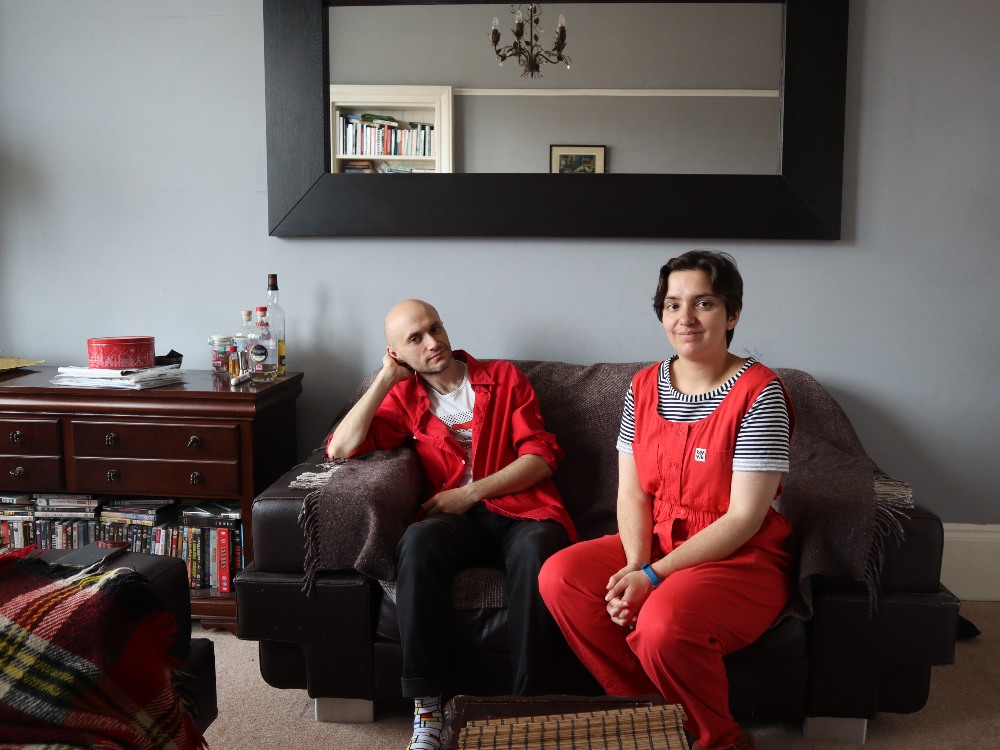
‘In Glasgow the common profile of a host is an activist. We are working to spread the same enthusiasm among people with different backgrounds to forge unexpected relationships and break down social boundaries,’ claims Sixten.
The impact of empathy-driven homesharing for groundbreaking change
Many years have gone by since Sixten and his partners began tiptoeing toward the idea of sculpting social situations as artworks in cities like New York and Berlin. They explored the concept of social sculpture as the art’s potential to transform society and exhibited the outcomes in art institutions all across the world.
Human Hotel is the result of a long journey to create structures in society which support the cross-cultural pollination of our cities and build social value. When we don’t spoil basic structures in our society, such as homesharing based on kindness and collaboration, then something amazing can happen.
The future of cities remains bright if we find the creativity to unite for meaningful causes instead of divide. Perhaps, during the COP26, the impact of homesharing contributes to building bridges and finding a middle ground on different perspectives to take courageous action—together— and address one of the common struggles of humanity.
